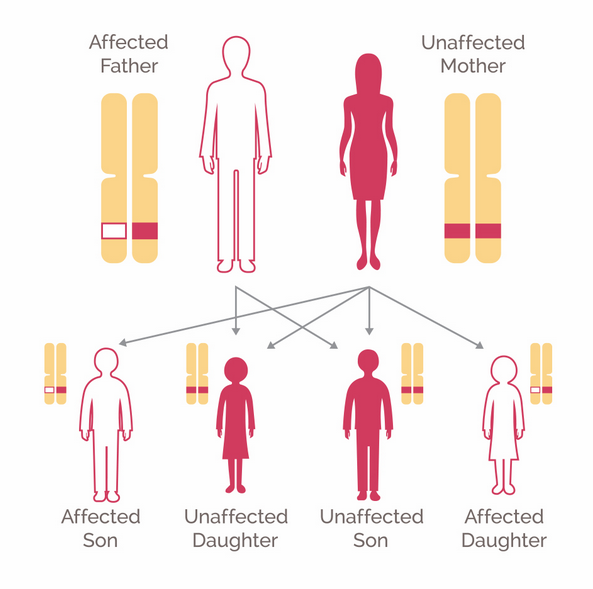|
|
Timely Information From Ladies First!
|
The Heart Health portion of the Ladies First Program is now up and running and we are
happy to be able to again cover heart health services, in addition to the screening we
always have covered.
Starting today, Ladies First can cover:
- Annual heart screenings
- Blood pressure measurements
- Total cholesterol tests
- Lipid profile tests
- HbA1c tests
- Blood glucose tests
- Weight Watchers
- Tops (Take Off Pounds Sensibly)
- Curves Complete
- Self-Monitored Blood Pressure Program
- Other local weight management and fitness programs
|
 |
 |
You
r New
Prescription for Patien
t Health
A Good Home-Cooked Meal
|
It's not just about what you eat, but where you eat it and who makes the food. Dr. Polak during the American College of Preventive Medicine (ACPM) Annual Meeting in Chicago earlier this year, cited literature showing that home cooking has fallen by 25 percent in the last 40 years in the U.S. By defining and emphasizing the importance of home cooking, physicians send a strong message about what a big difference it can make. Just by cooking at home, said Dr. Polak, patients can experience a variety of benefits including portion control and consuming less calories, additives, fats, sugars and salt. Cooking at home even improves ingredient quality-more vegetables and healthier fat-and creates healthier dietary patterns through family meals.
|

|
|
 |
 |
New Study Shows Minimally Invasive Surgery
Not As Effective
For Treating Cervical Cancer
National Comprehensive Cancer Network (NCCN), a non-profit alliance of 27 leading cancer
centers that provides guidelines for the best way to treat cancer, now advises that women
with early stage cervical cancer opt for open hysterectomy rather than minimally invasive
surgery based on these latest study results.
|
 |
 |
Updates to the Practice Guidelines for
Heredity Cancer

Genetic Testing for Breast Cancer
If your patient had breast cancer and was told they did not meet criteria for genetic testing they may now meet criteria. For example, guideline updates include many more women diagnosed after the age of 50. Now, a woman diagnosed with breast cancer at
any age meets criteria if she has even one close relative with pancreatic cancer or metastatic prostate cancer. All men with breast cancer meet criteria for genetic counseling and testing.
These new criteria are important. They help identify women who inherited a mutation from their father rather than their mother. They also help to reach people who may have more male than female relatives. In a family with a paternally inherited BRCA mutation or few aunts, there may not be much or any family history of breast cancer. However, there may still be a family history of pancreatic or prostate cancer.
The new guideline updates also include more women with no personal history of cancer. Women who have no personal history of cancer but have a first- or second-degree relative who does have a personal history of breast cancer and who, in turn, has a close relative with pancreatic or metastatic prostate cancer, also meet criteria for testing.
Further, women with advanced breast cancer may now qualify for genetic testing to see if they may benefit from new treatments known as
PARP inhibitors.
What does this mean for patients?
- If a patient has a personal or family history of breast cancer, pancreatic cancer, or metastatic prostate cancer, you may now meet criteria for genetic testing-even if you were previously told that you did not qualify for testing.
- If a patient has been diagnosed with metastatic breast cancer, genetic testing may open up new treatment options.
National Comprehensive Cancer Network Clinical Practice Guidelines in Oncology; Genetic/Familial High-risk Assessment: Breast and Ovarian, Version 2.2019 - July 30, 2018; NCCN.org
|
 |
 |
Ladies First Fee Schedule To Be Released
 |
|
2019 Procedure Code Updates
The Ladies First 2019 fee schedule will be released in late January. In the meantime, below are current updates to procedure codes:
- Breast MRI codes 77058 and 77059 have been deleted by AMA and no longer exist. They have been replaced with codes 77046, 77047, 77048, and 77049.
- Fine Needle Aspirate (FNA) with imaging guidance code 10022 has been deleted and replaced with more detailed codes 10005-10012. At present it does not look like CMS covers codes 10011 and 10012 which are for MRI guidance FNA biopsy. But we will keep them on the list in case Medicare coverage gets updated.
- FNA without image guidance code 10021 was changed to first lesion only and 10004 was added for each additional lesion.
- Cytopathology code 88172 was changed to first evaluation only and 88177 was added for each additional evaluation episode.
- Conscious sedation codes 99156 and 99157 were added.
- Code 99204 and 99205 may be used for providers who spend extra time to take detailed history for a risk assessment.
It is important to keep in mind that Ladies First can only pay for the services and blood testing that is outlined in the fee schedule. Ladies First cannot pay for TSH testing, STD testing, Colonoscopies, or Bone Density Scanning. Ladies First urges providers to discuss with Ladies First members the potential charges that come with testing and procedures that are not covered by Ladies First.
Don't see a diagnosis code on our list? Call the Ladies First billing specialist at
800-508-2222 for claim review and possible manual payment.
|
|
|
|
|